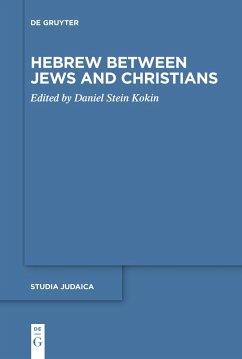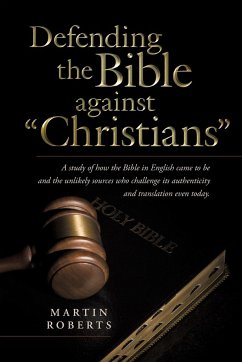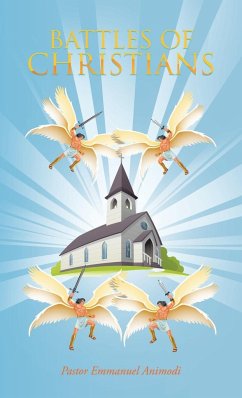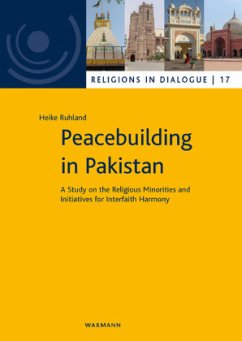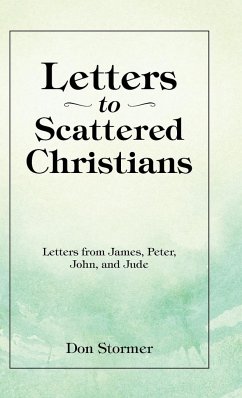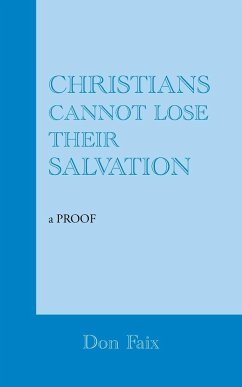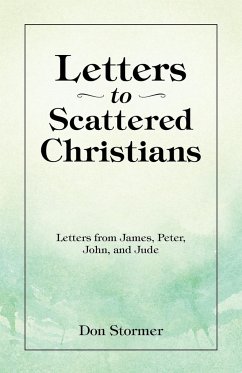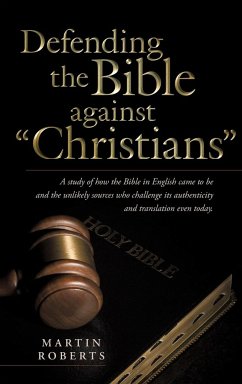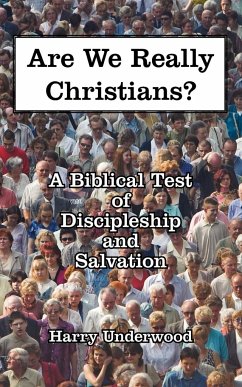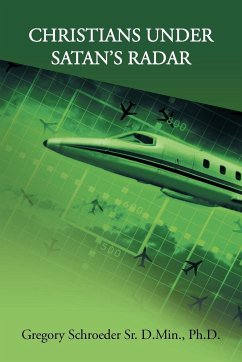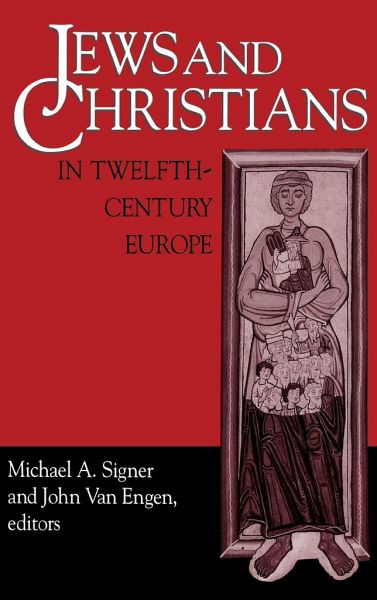
Jews and Christians in Twelfth-Century Europe
Versandkostenfrei!
Versandfertig in 1-2 Wochen
105,99 €
inkl. MwSt.

PAYBACK Punkte
53 °P sammeln!
The scope of this collection of original essays covers the years 1050 to 1215, but it really begins in the summer of 1096, when marauding crusaders attacked Jewish communities in three Rhineland cities. These violent episodes disrupted what had been a fairly peaceful history of coexistence between Jews and Christians for more than two centuries. Although the two groups inhabited fundamentally different religious universes, Jews and Christians lived in the same towns, on the same streets, and pursued their lives with minimal mutual interference and often with considerable cooperation. The event...
The scope of this collection of original essays covers the years 1050 to 1215, but it really begins in the summer of 1096, when marauding crusaders attacked Jewish communities in three Rhineland cities. These violent episodes disrupted what had been a fairly peaceful history of coexistence between Jews and Christians for more than two centuries. Although the two groups inhabited fundamentally different religious universes, Jews and Christians lived in the same towns, on the same streets, and pursued their lives with minimal mutual interference and often with considerable cooperation. The events of 1096 destroyed that status quo. Relations between the two communities deteriorated, and the Jewish communities suffered as a result. The contributors' careful analyses of people, events, and texts provide a balanced perspective on the fate of twelfth-century Jewish communities. They reveal that there is considerable evidence that old routines and interactions between Christians and Jews persisted throughout this period. From the perspective of the editors and contributors, this sense of complementarity, of interaction or action and reaction, needs to better inform the medieval story. The essays in this volume therefore intentionally highlight areas of common or parallel activity: in vernacular literature, in biblical exegesis, in piety and mysticism, in the social context of conversion, in relations with prelates and monarchs, in coping in a time of change, renewal, and upheaval. Most importantly, the editors and contributors insist on integrating both Jewish and Christian perspectives into the larger history of a very complex and increasingly urban twelfth-century Europe.





